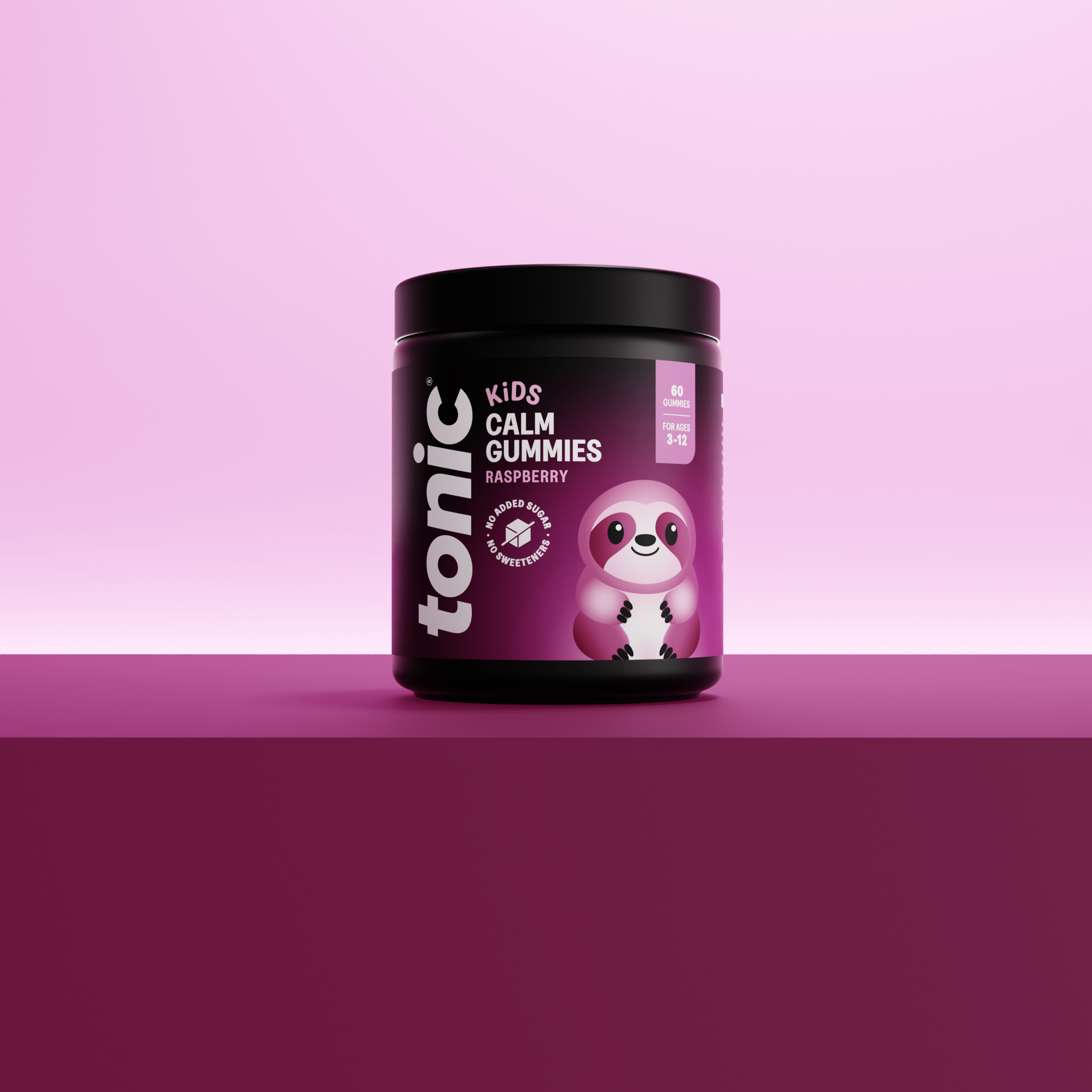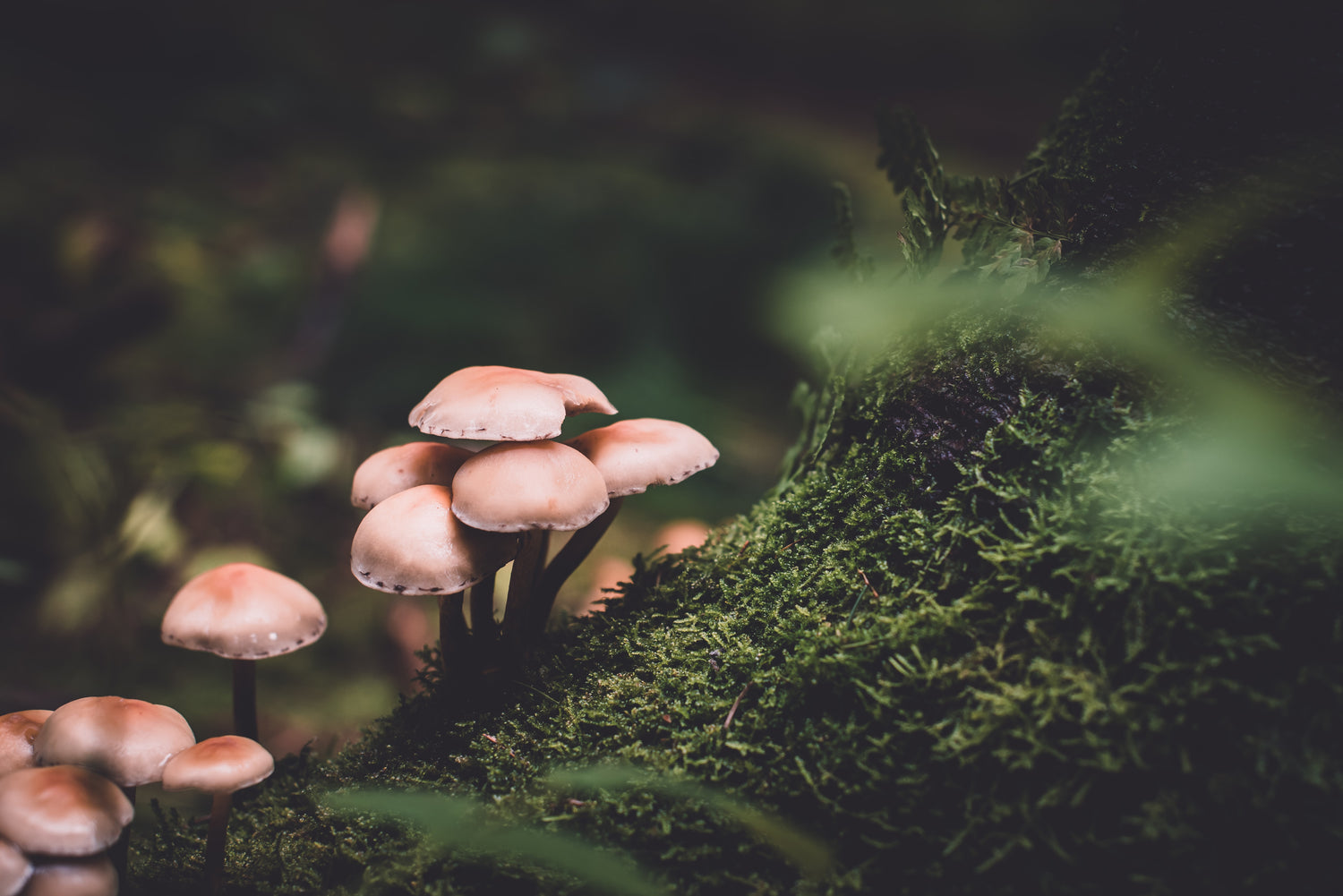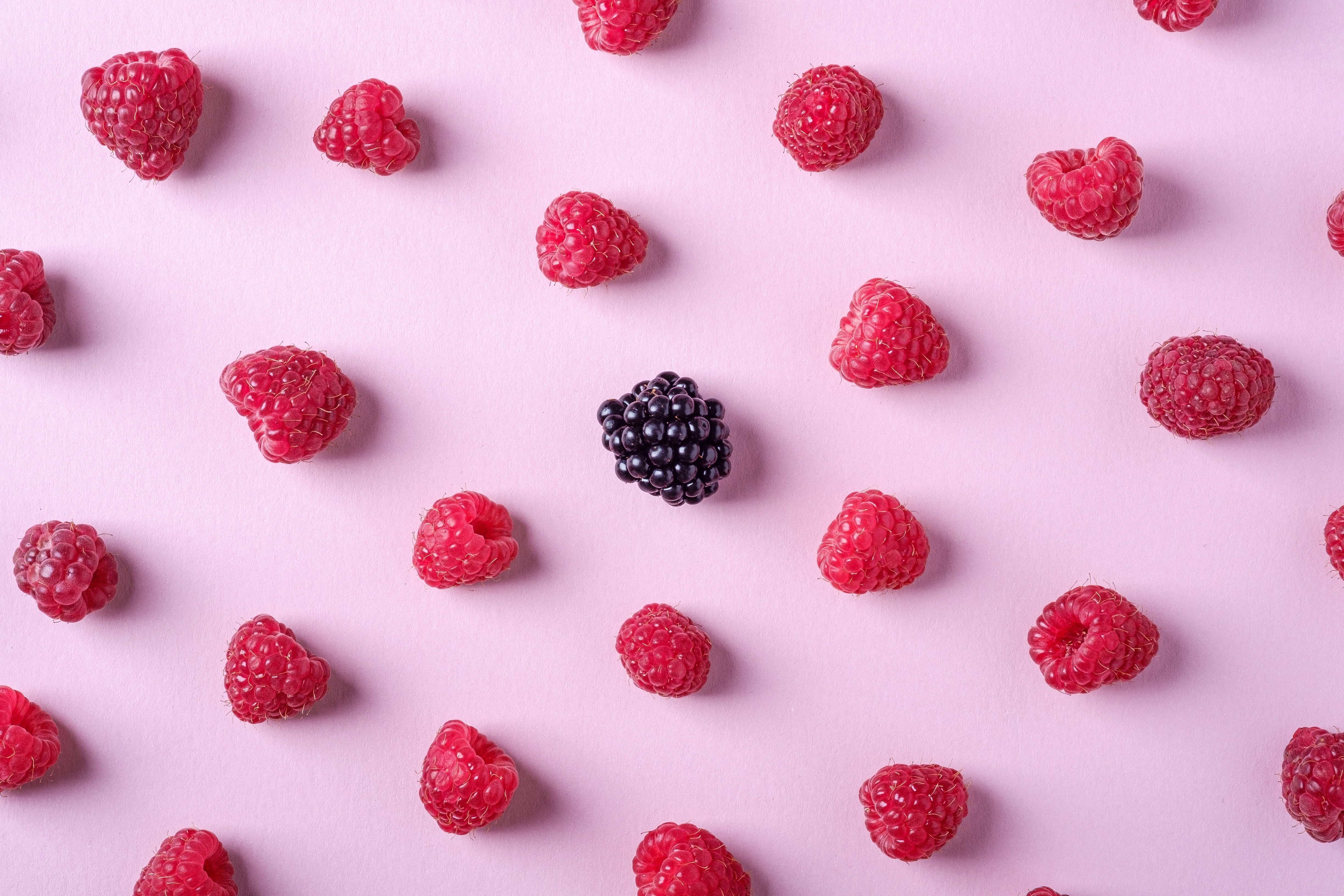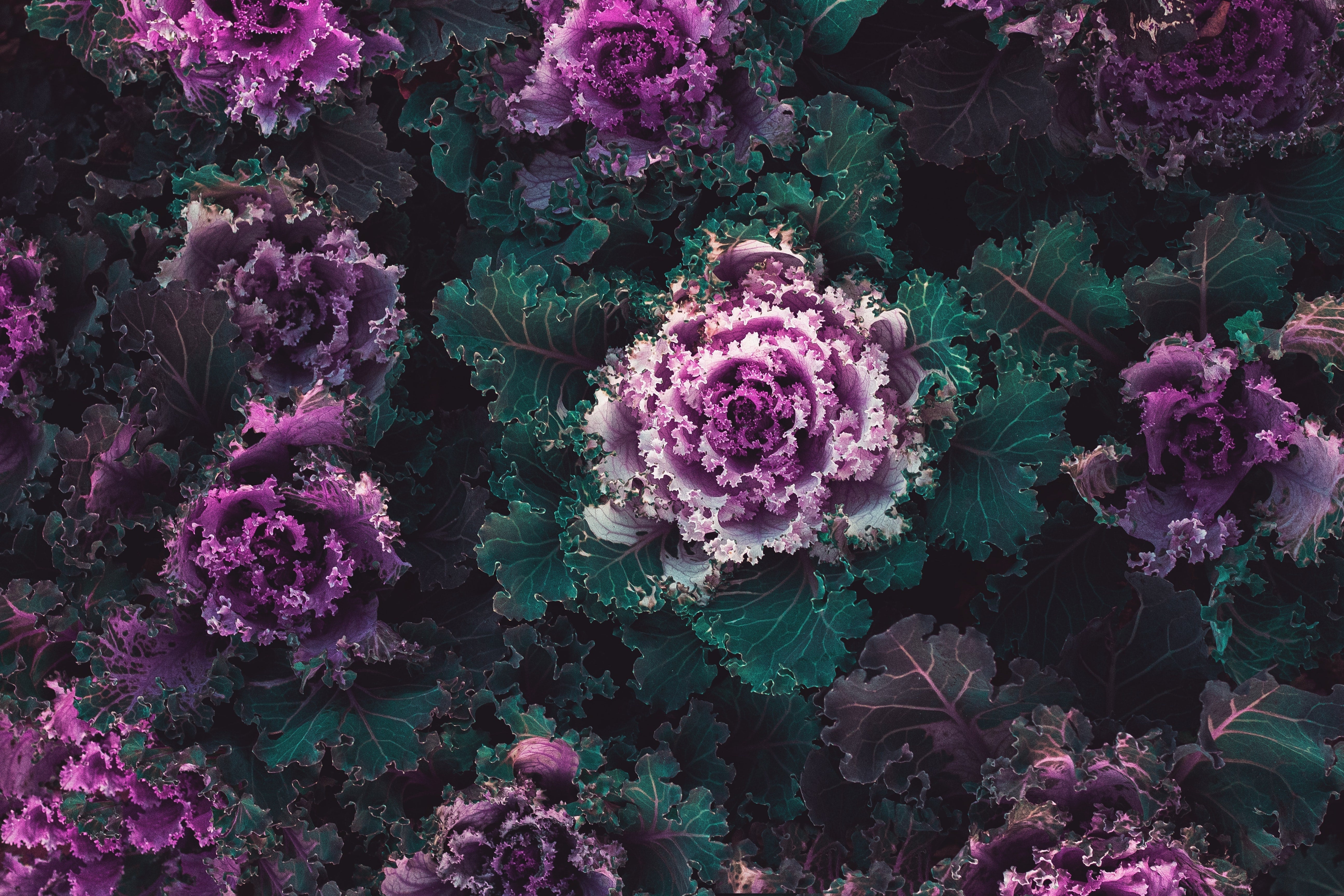As the spore-bearing, fruiting bodies of fungi, mushrooms represent so much more than a great topping for a pizza, or the perfect way to enhance the flavour of sauces and soups. And there’s certainly more to the world of mushrooms than the packaged and ready ones you probably spot all the time in your local supermarket.
So, what are just some aspects of mushrooms that you might have never appreciated or even been aware of until now?
They’re more like humans than plants
Mushrooms have a pretty important relationship with plants – indeed, the latter couldn’t survive without the former.
That’s not to say mushrooms are genetically much like plants, though. Indeed, they don’t process chlorophyll like plants do, and nor are they greatly plant-like in other aspects of their behaviour.
Mushrooms’ genetic composition is actually more akin to that of humans, to such an extent that they can even produce vitamin D when exposed to the sun, like humans do.
“Take” is the Japanese word for mushroom... sort of
So, now you know a little more about where such terms as shiitake and maitake came from. The shii in the first example, by the way, is a reference to the shii tree, a type of oak tree on which these mushrooms grow. As for mai, that means “dance”.
There’s a bit more to “take” than that, though. When used to describe a particular type of mushroom, it’s pronounced “ta-kay”, but when one is using it on its own to refer to mushrooms in general, it’s pronounced as “kinoko”.
There are around 15,000 species of wild mushroom in the UK
Yes, that’s right – the British Isles’ woods, riverbanks and meadows boast many thousands of wild mushroom or fungi species. But we would advise you against foraging for mushrooms with a view to eating them unless you have an expert by your side, given that many of them are not edible and some can be deadly. There’s also the risk of mistaking an innocuous mushroom for a dangerous one.
Examples of mushrooms in the UK that can be eaten include the oyster mushroom, giant puffball and Chicken of the Woods. As for the poisonous ones – steer clear of the appropriately named deadly webcap, destroying angel and funeral bell, among others.
Mushroom cultivation takes about six weeks
Mushrooms don’t grow from seeds, but instead spores, which are so tiny that you can’t see individual ones with the naked eye.
The part of a mushroom that grows first is the mycelium, which is the word for its small, threadlike roots, before something that actually looks like a mushroom gradually emerges through the growing medium.
You can eat mushrooms raw
This is assuming, of course, that you’re consuming one of the safe varieties. Although it is true that raw mushrooms may contain agaritine, which is a potentially toxic compound, it is only thought to be realistically harmful if you eat large quantities of it in a short space of time.
So, if it’s just a case of helping yourself to a raw slice while preparing mushrooms, or putting a few raw slices in your salad, you shouldn’t have any reason for concern.
As a general rule, though, it’s probably healthier to cook mushrooms before consuming them, given that the heating process better releases certain nutrients from them.
Mushrooms aren’t just for eating
There are various ways in which different cultures and parts of the world have long used mushrooms as a health remedy.
What might surprise you, though, is that the uses for mushrooms are continuing to expand today, and go well beyond diet. They’ve even been used in the likes of facial peels, hydrating creams and hair products.
Fuzz on a mushroom isn’t necessarily mould
It’s easy to walk past a pack of shiitake mushrooms in the supermarket and presume any visible fuzz on their caps must be mould – but that might not be true.
The most frequently cultivated mushrooms do tend to be smooth. However, shiitakes actually have a natural fuzz – albeit, often lost due to handling and processing before they get to the shops.
Mushrooms have been associated with a variety of possible health benefits, including helping to protect against cancer and heart disease. It’s therefore well worth considering adding more to your diet – and judging by the above information, they’re genuinely very interesting things, too.
Other sources:
https://www.eatwright.co.uk/10-facts-you-need-to-know-about-mushrooms/







Leave a comment
All comments are moderated before being published.
This site is protected by hCaptcha and the hCaptcha Privacy Policy and Terms of Service apply.